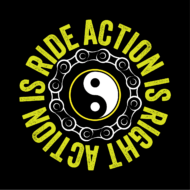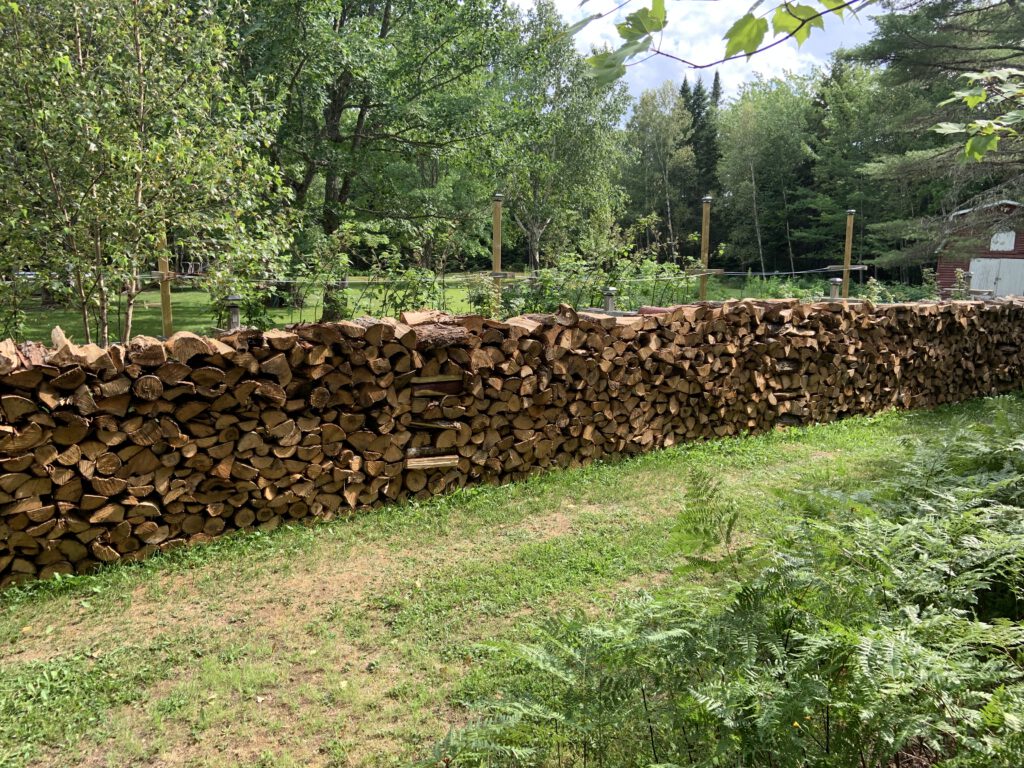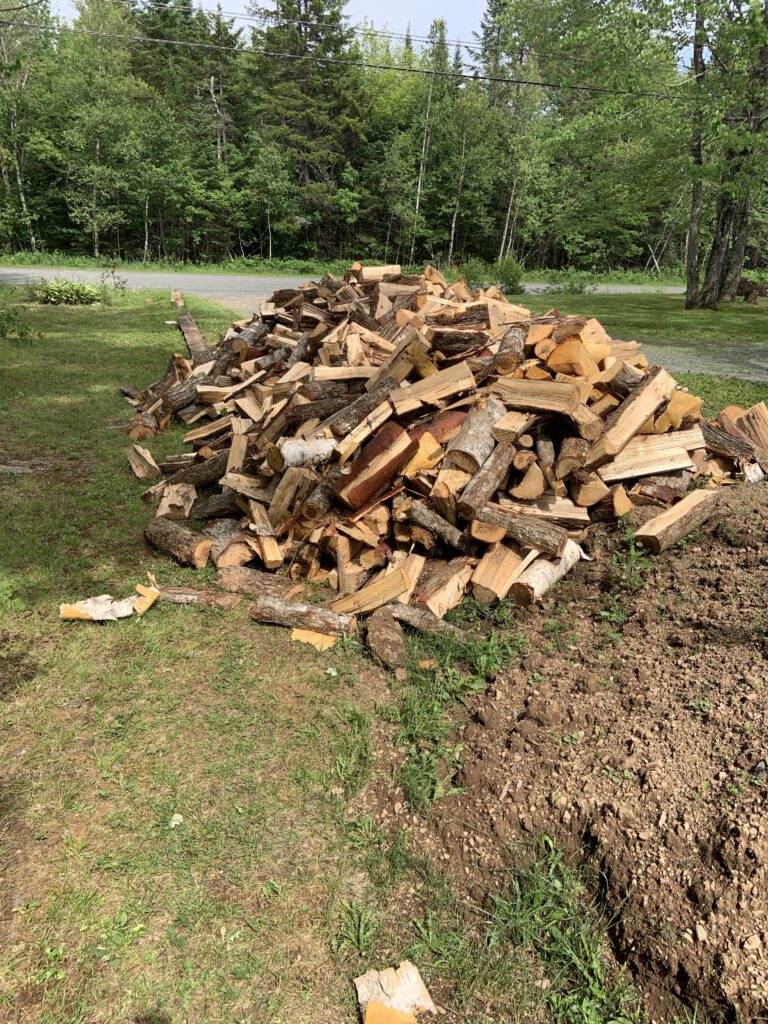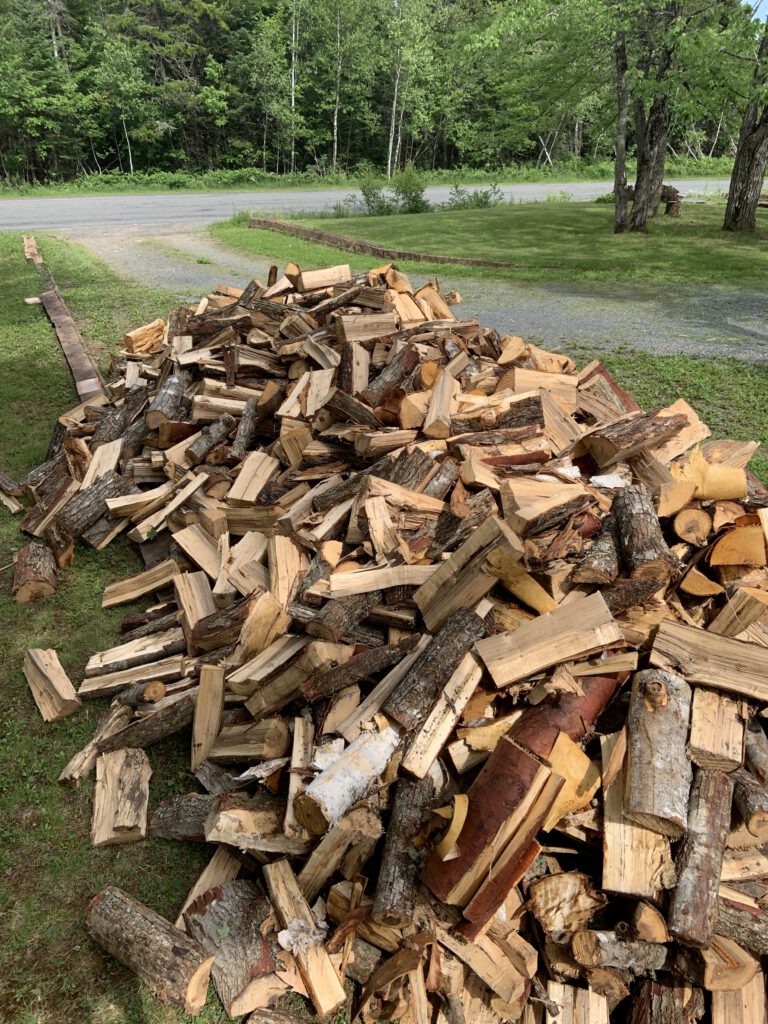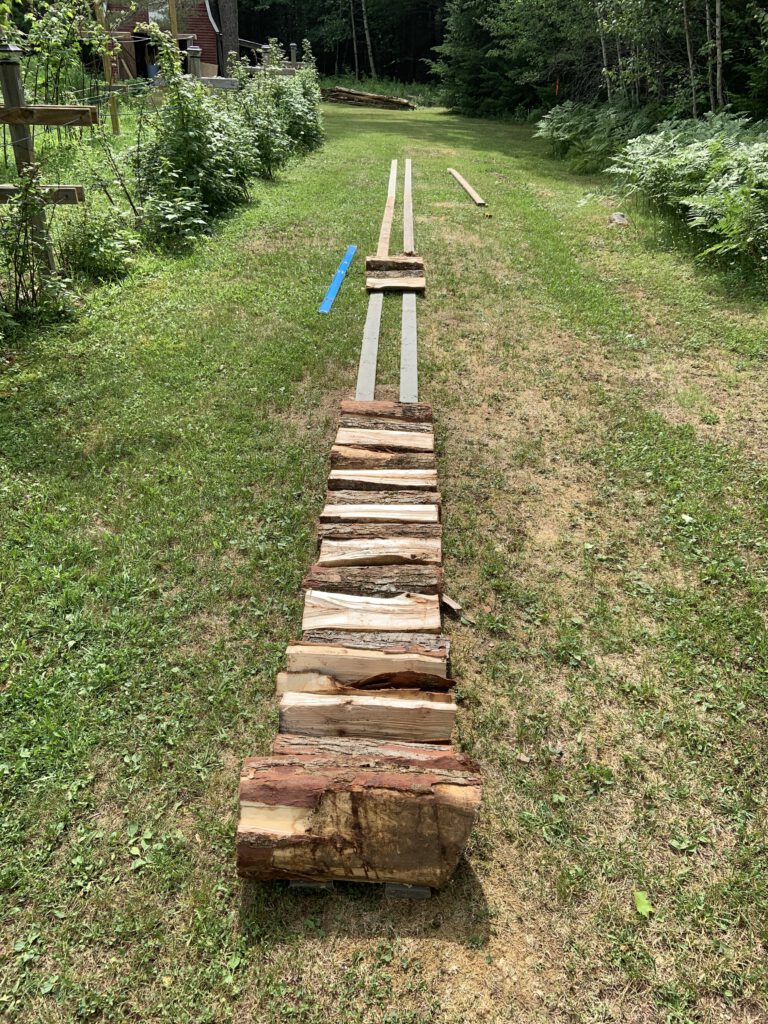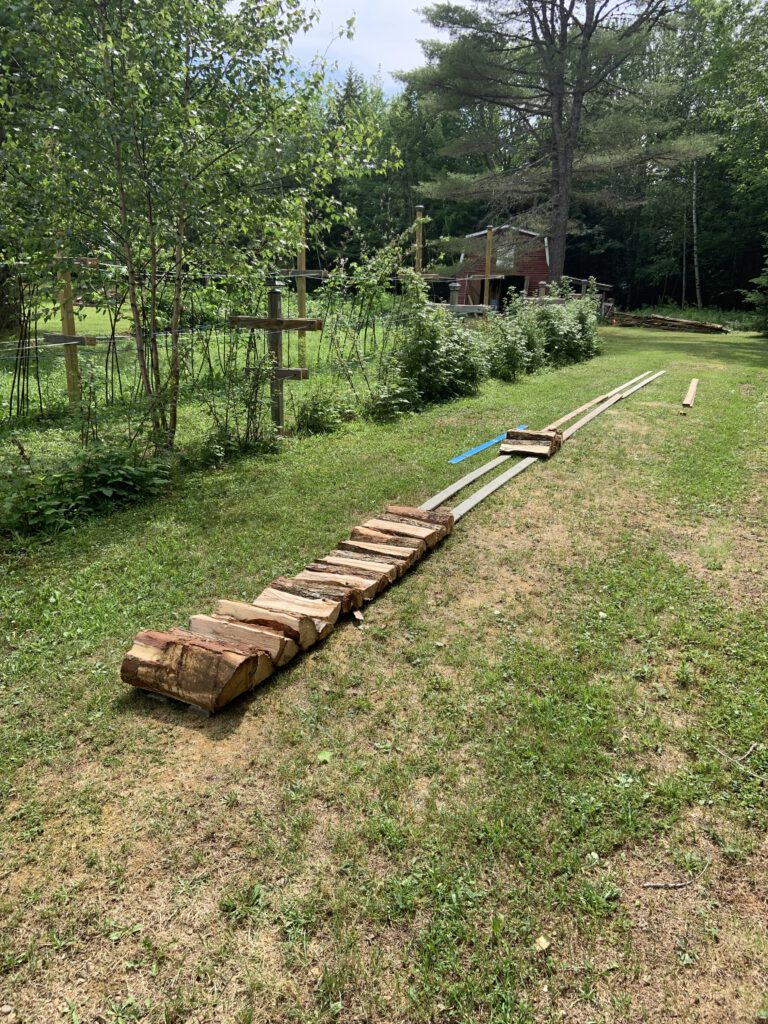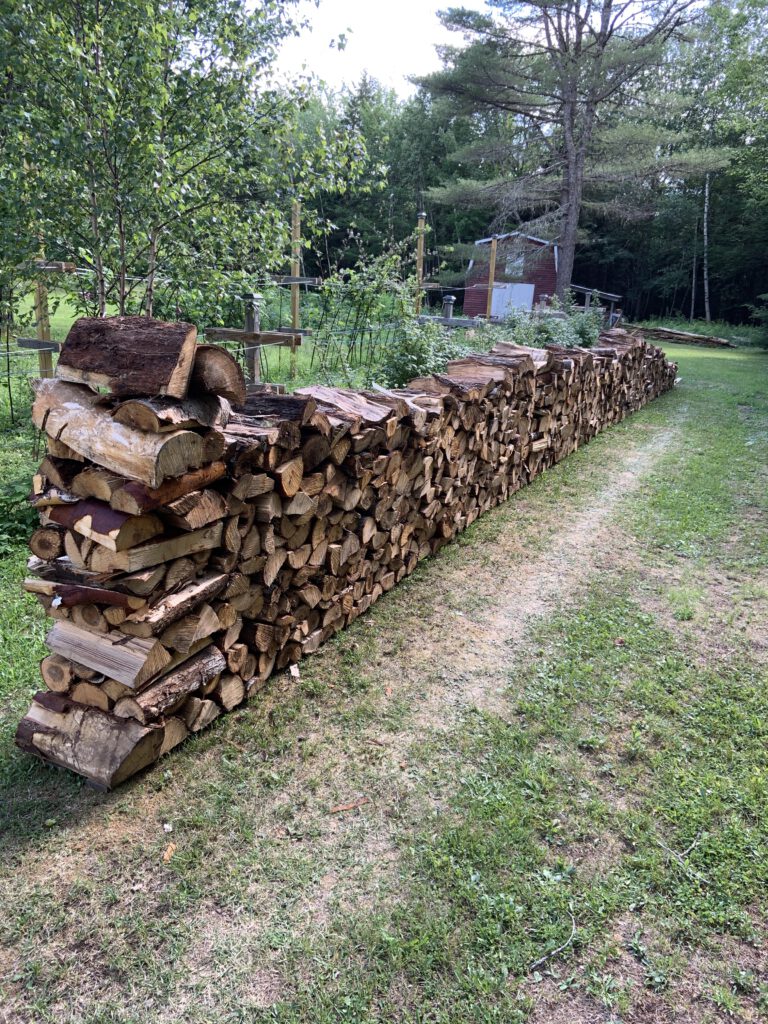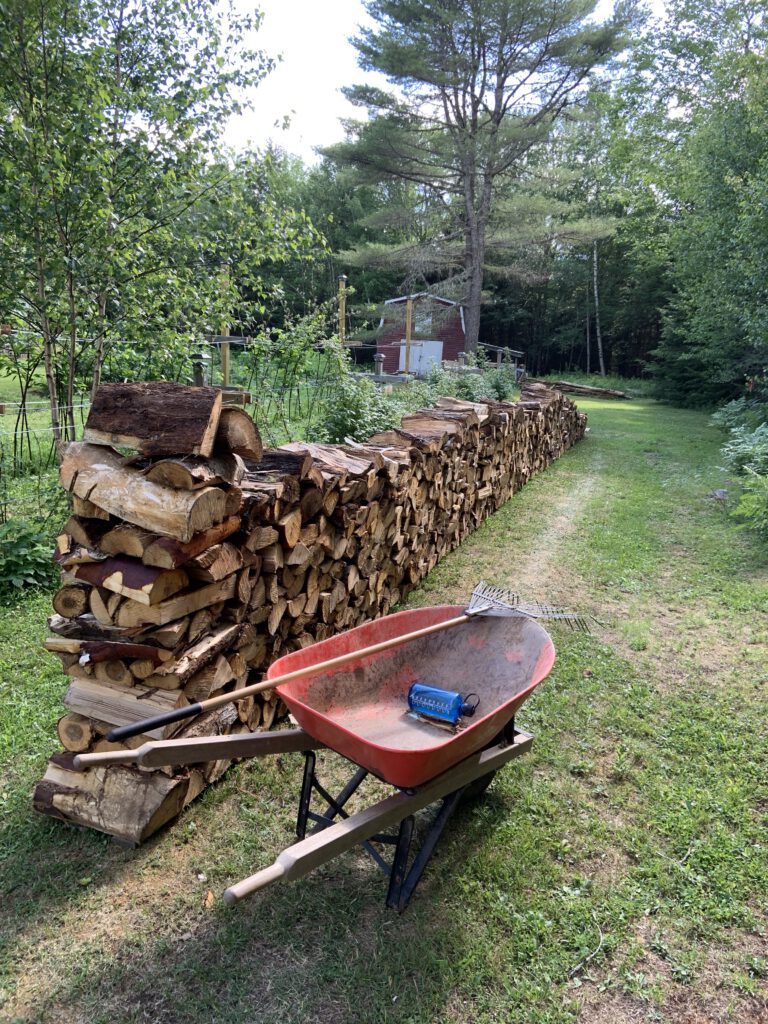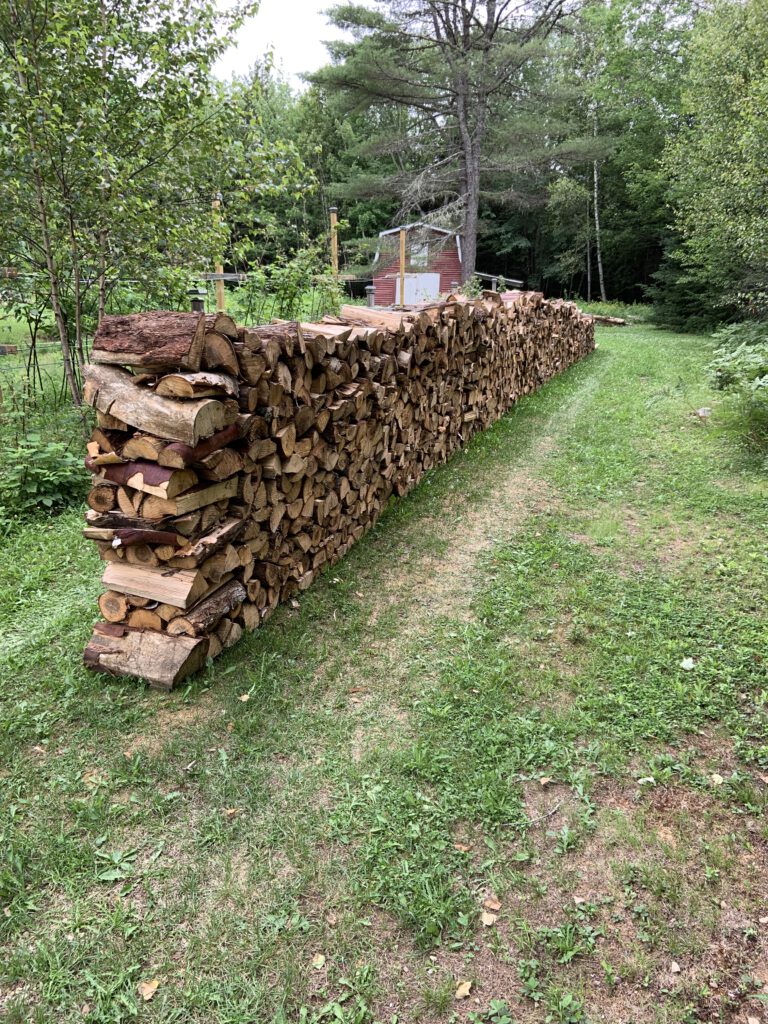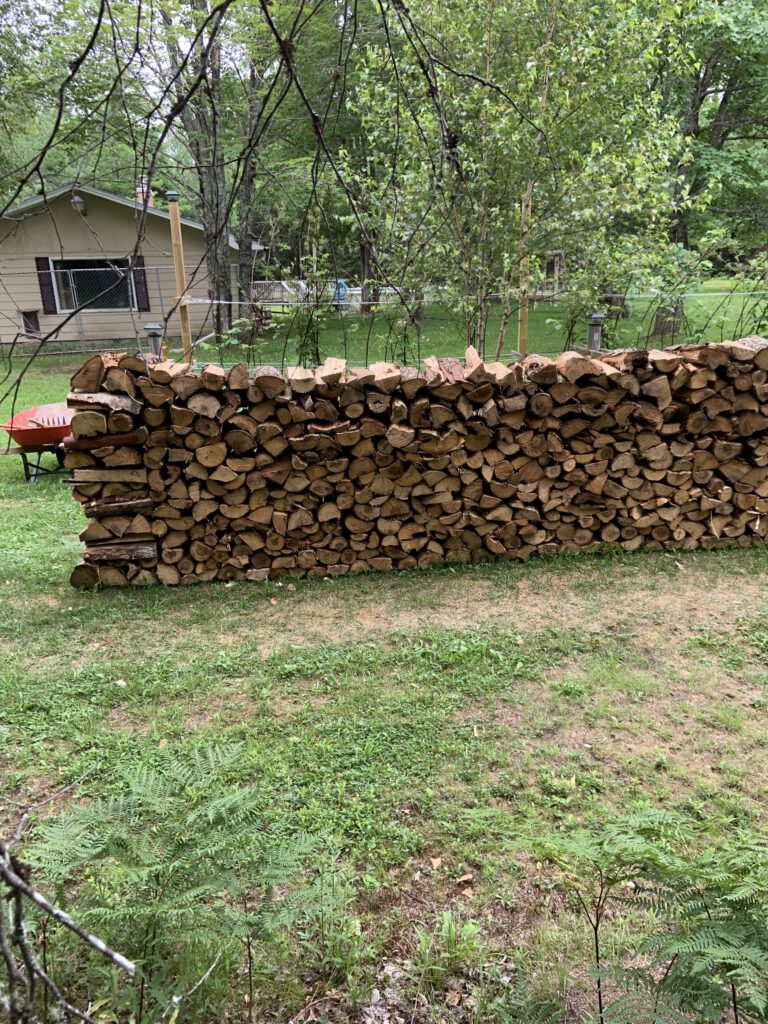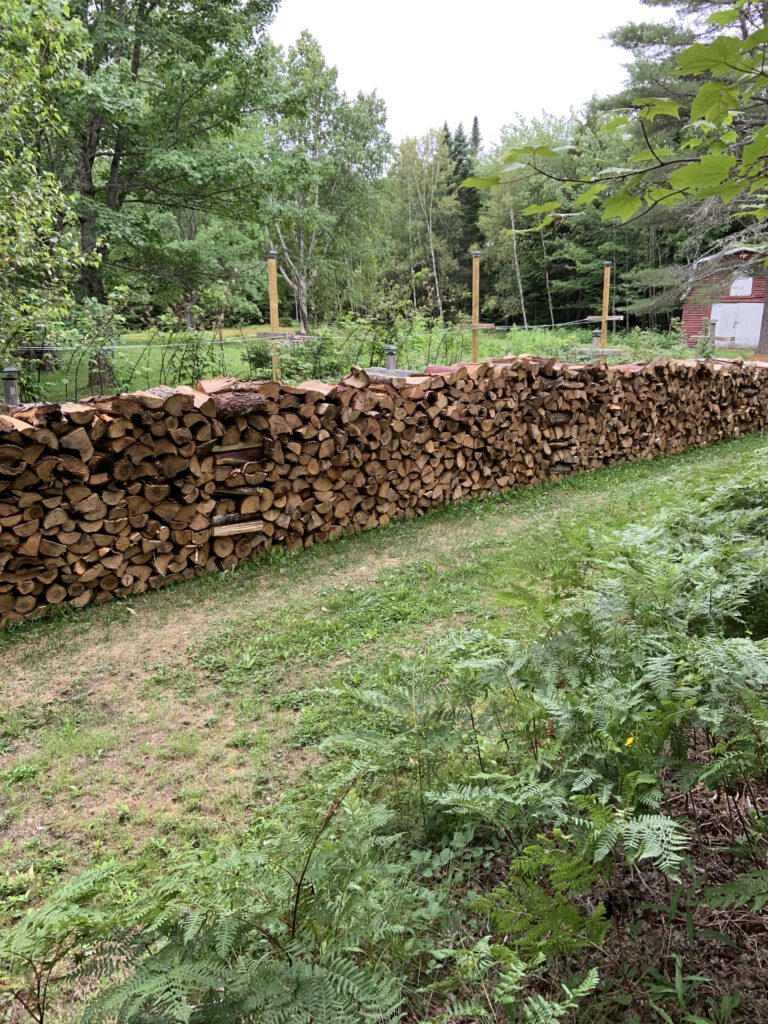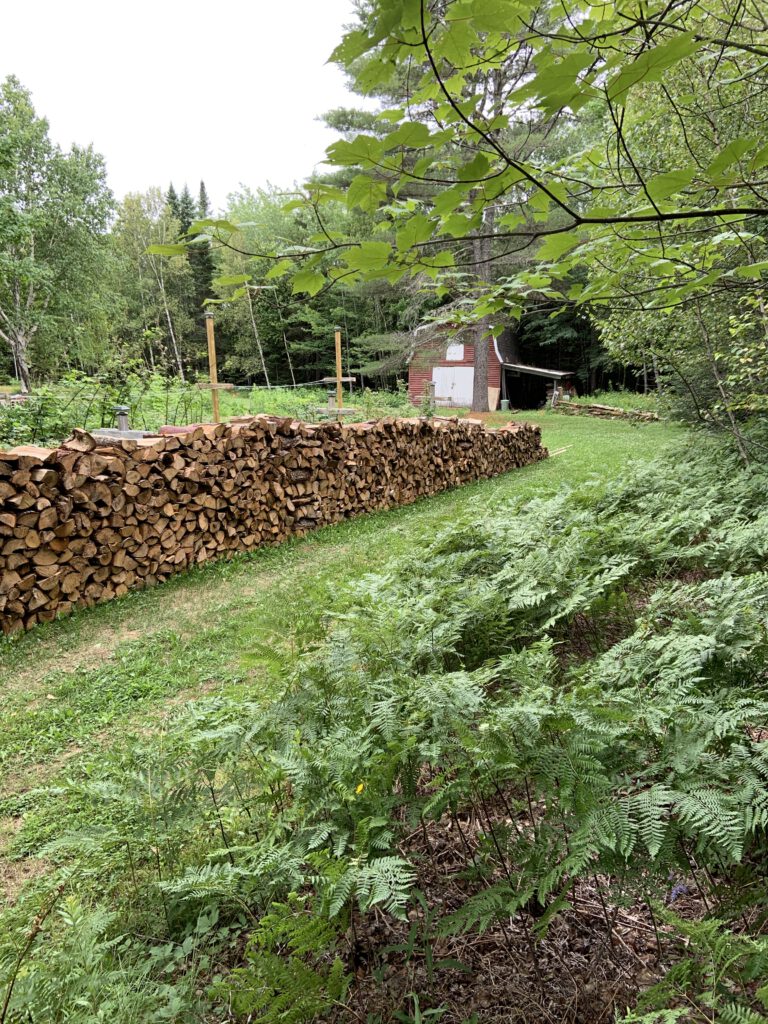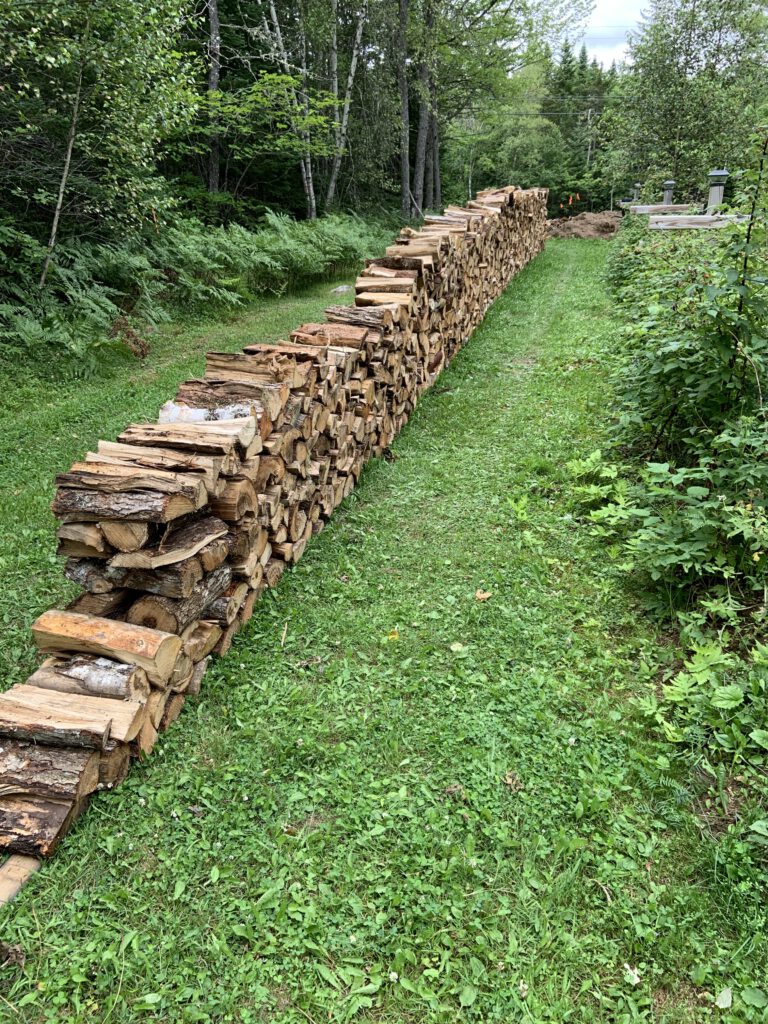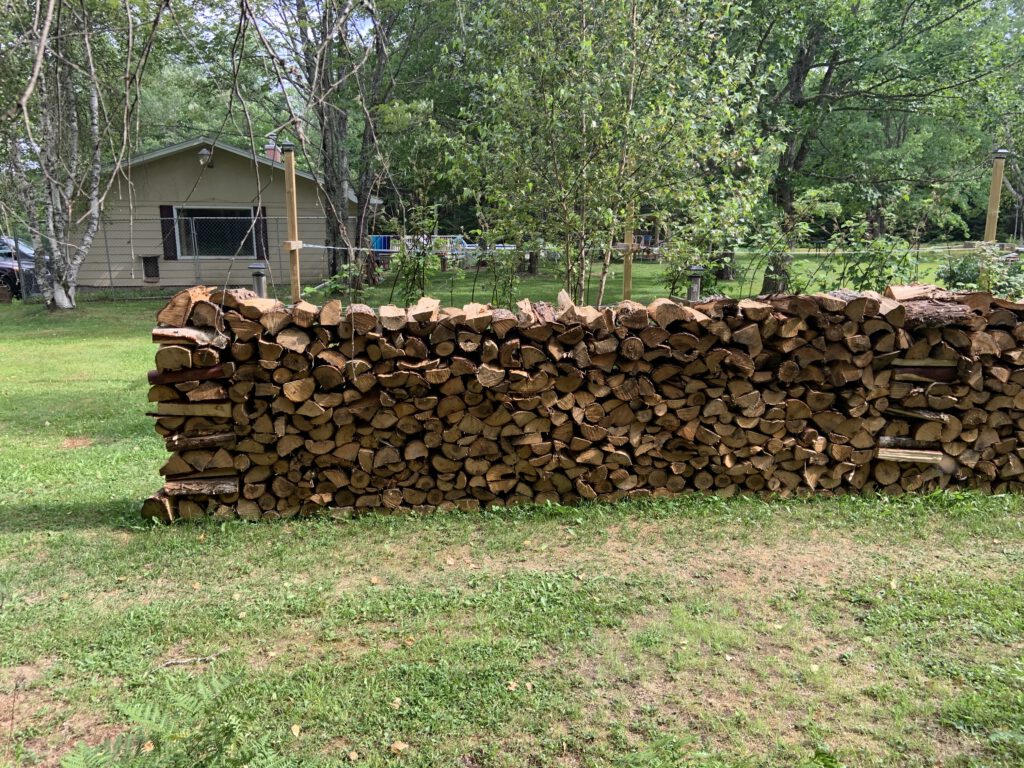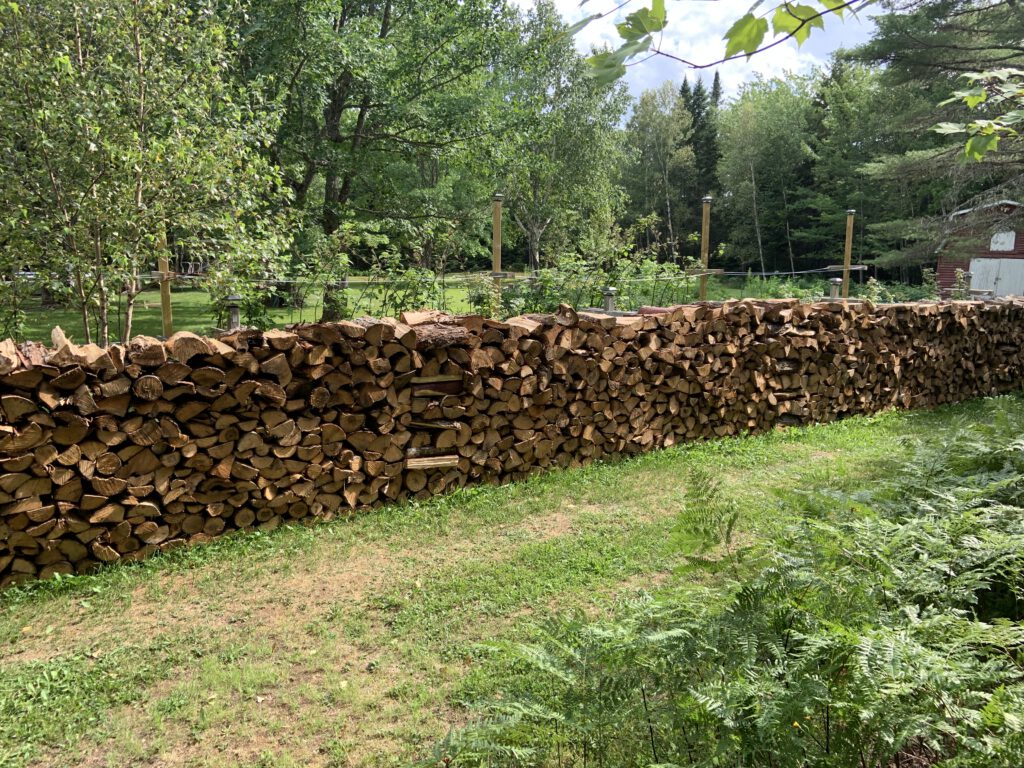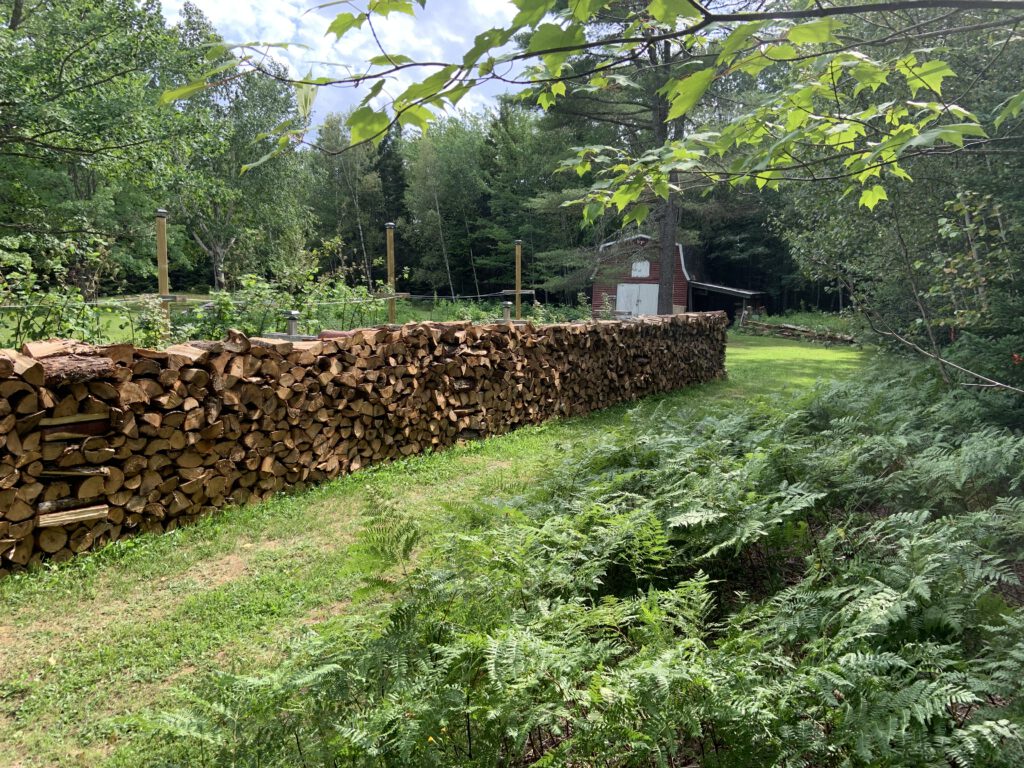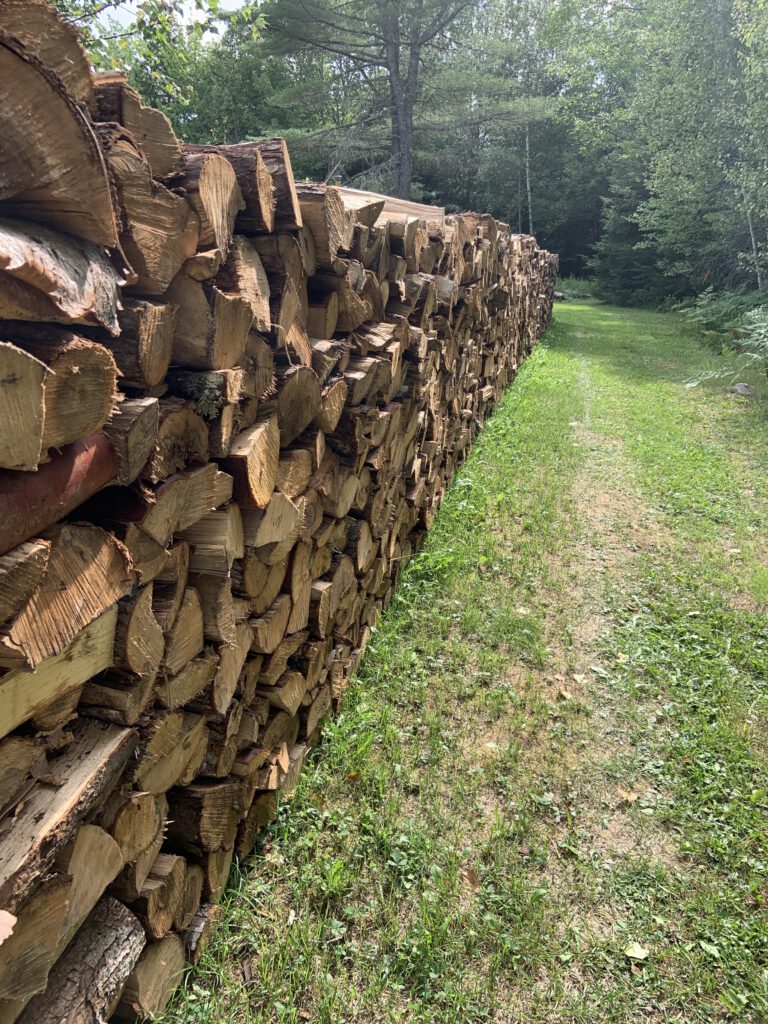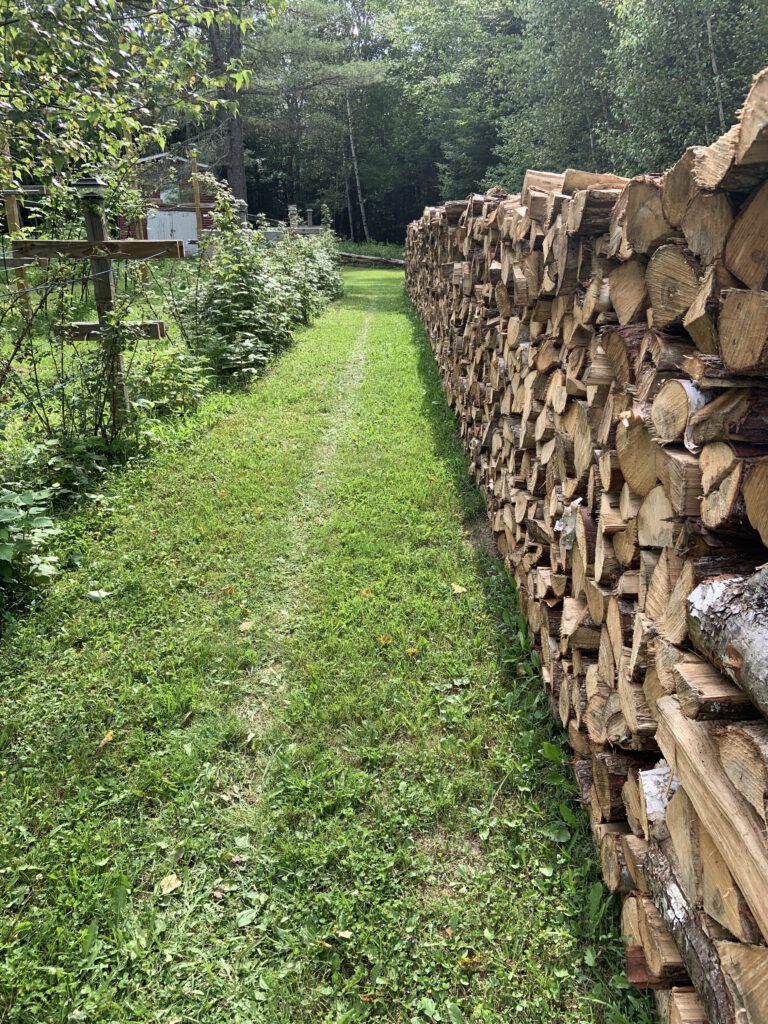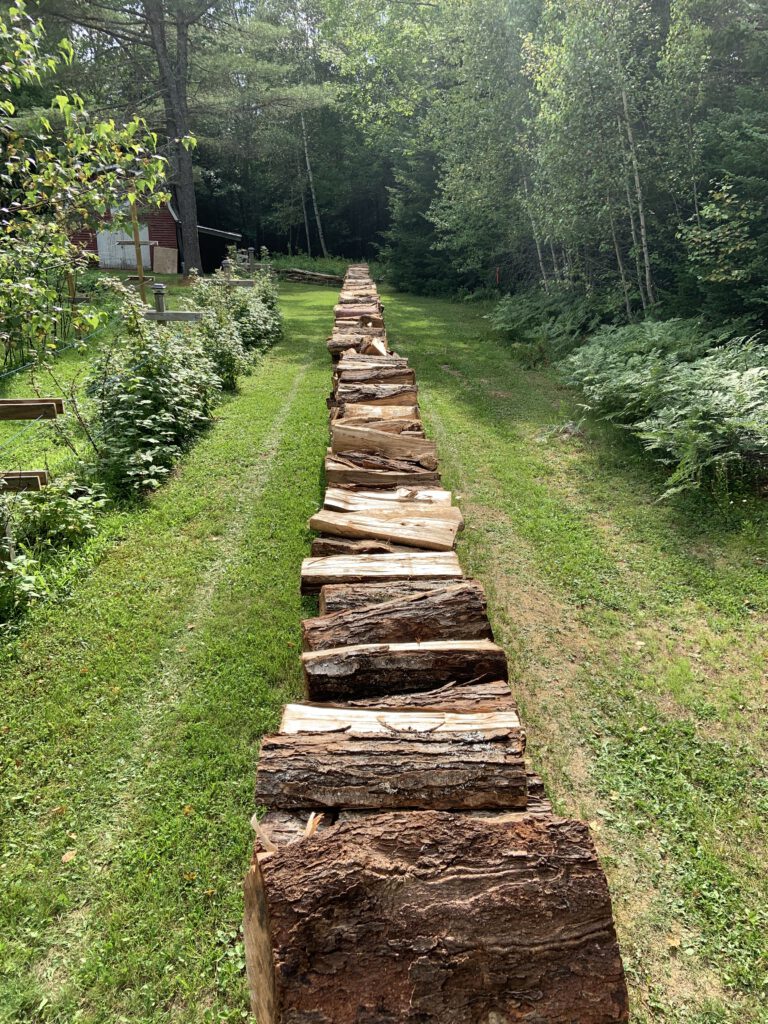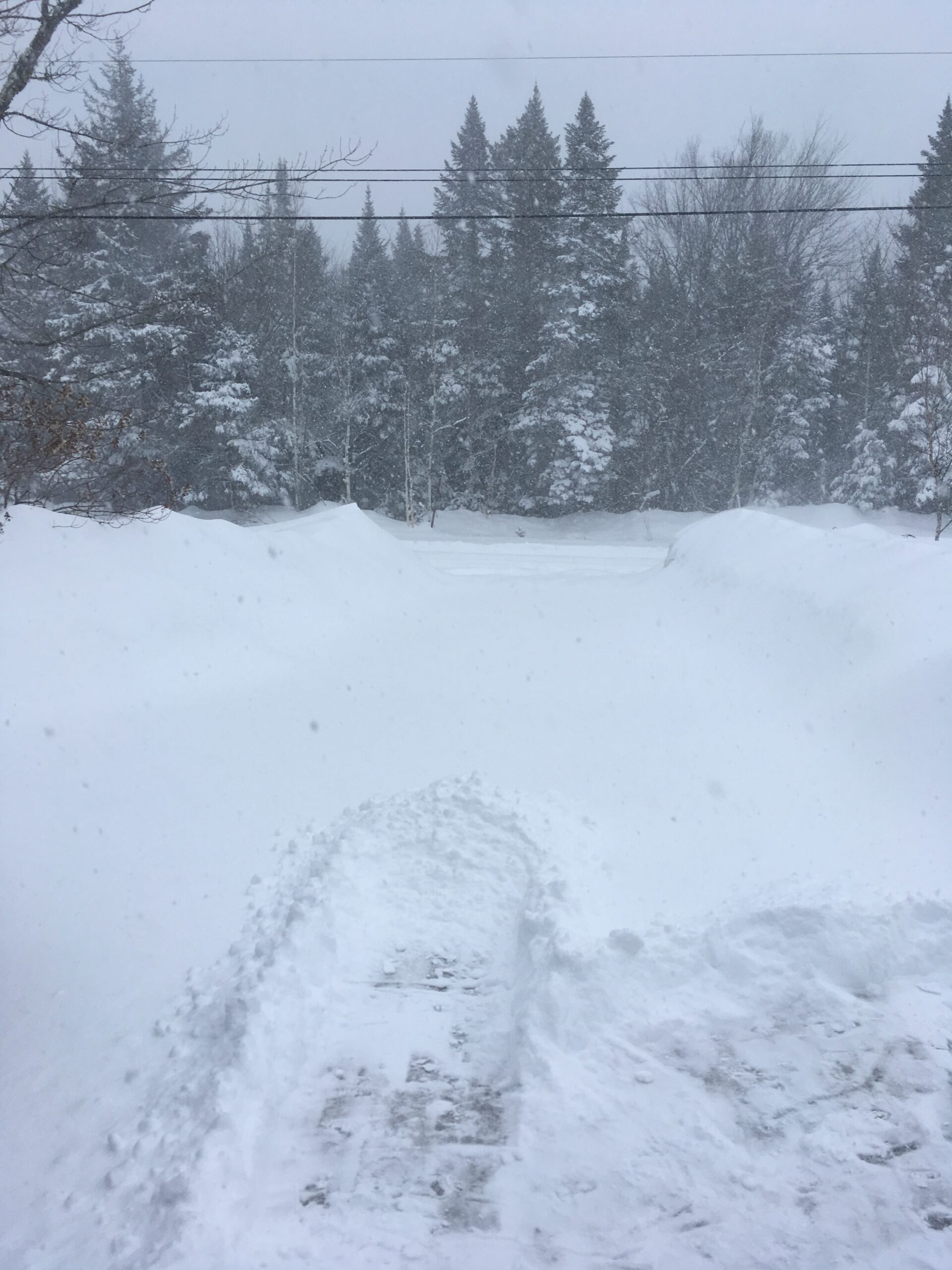I was reading the post Speak the Wild Words and it’s good, you should check it out. This stuck out to me:
Craftivism is a kind of anathema to slacktivism, which is the more common path of protest these days – yelling loudly into Facebook to try and effect change. Craftivism, is quieter and gentler, it generates art and artefacts, and is about creating a better world, note by note, stitch by stitch. It’s about putting something into the world that is more than just your rage or your despair – something that people can approach with curiosity, and engage with.
– Lisa Richardson
One of the things that drove me off the social medias repeatedly on-and-off until I finally dumped ’em whenever-back-when was the constant stream of activism and advocacy posts – that were in many cases just “yelling loudly” into the void. Even if I agreed with whomever it was and whatever they were championing – it never really struck me as the most effective way to go about changing things – I think the comment threads attached often attested to that very point. Except for the very early days, I certainly never posted that kind of stuff, mostly because I didn’t particularly want to deal with the backlash and/or moderating other people’s bad behavior in my comments.
After getting off social media, I still felt strongly about certain things but increasingly felt that beating people over the head with those ideas was just not the way to go. Since then I’ve sort of been experimenting with and trying to find a ‘name’ for whatever it is that I’m trying to do those ends. Things like reading more, thinking more critically, trying to be present and do the ‘right thing’ – an often moving or seemingly mysterious target.
The above article’s discussion of ‘craftivism’ lit a bulb in my head. Though I’m not really creating anything tangible – no “art and artefacts,” what I am constructing is a life – the best one I’m able – and doing that seems the best way to champion what I think is important or feel strongly about. For me the concept has become one of ‘lived activism’ or ‘living advocacy’. Or ‘lived advocacy’ or ‘living activism’ or whatever. I’m realizing now that whatever it’s called really isn’t important at all. As my main man Brad Warner likes to say, “Buddhism is a philosophy of action.” So in one sense, it’s very much that.
My guess is someone already has created an academic term for this. In my case it’s mostly a mash up of Stoicism and Zen, with some Jocko Willink sprinkled in – no doubt there’s components of other things in there. Obviously, bikes.
In the simplest terms it boils down to ‘practice what you preach’, but in my case I’m leaving out the preaching and just practicing. In this way, I’m advocating to those I come into contact with – family, friends, strangers – all merely by example. That’s good enough for me. And I think it’s likely to have a deeper impact on one person I interact with than 40 people who read something on a social media post in a feed with 50 other peoples’ hollering – no matter how good the video I choose to embed is.
I know what you’re saying. “But my dude, you’re posting it here.” Yes. The difference is that posting it here is almost solely for the purposes of working it out in my own head. This is just my mental sandbox. I know that at any given point there’s probably only 5 people paying attention. I’m not “yelling loudly” into the void. If anything, this is the internet equivalent of going “Pssst…” and then passing someone a note.
It’s more about the real-world execution. My going for a snowshoe at lunch with my dog and then telling you about it in person via passing conversation is going to tell you everything you need to know about how I feel about the Environment, animals, and the importance of getting outdoors on one’s physical and mental health. Subtly, with less yelling – and less competing for your attention.
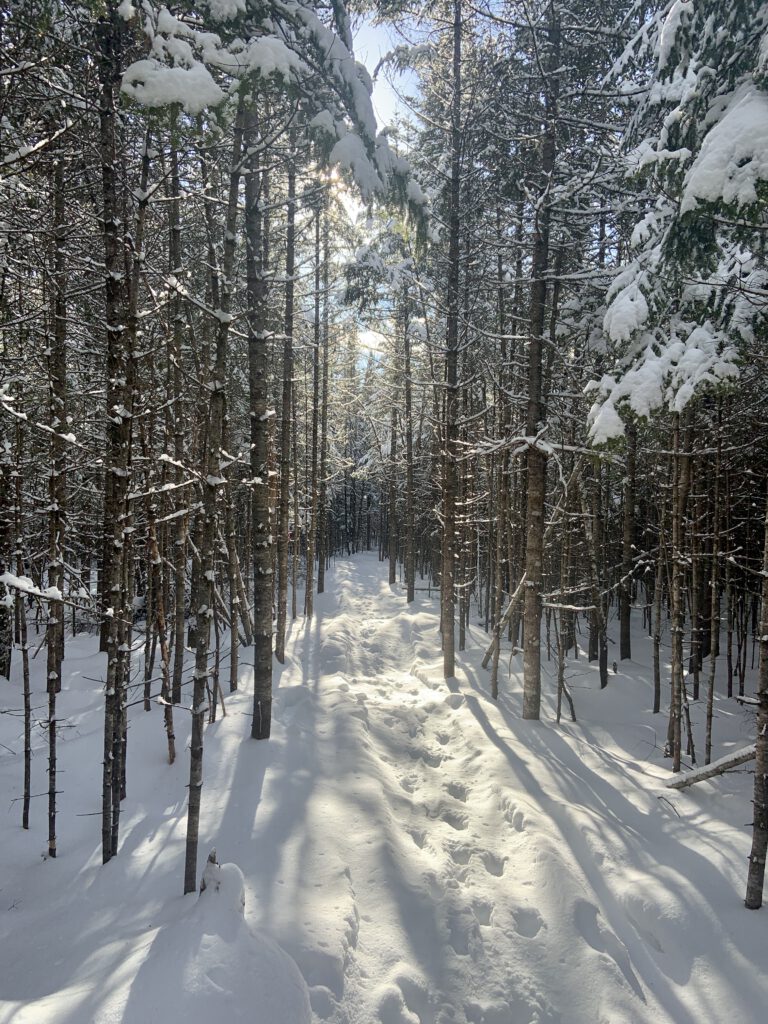
By way of shout-outs – I found the article I mentioned above via a platform I’ve lately rediscovered – ReadUp. They’re looking to change the way folks read and interact with others about what they read. Check ’em out if you’re so inclined.
